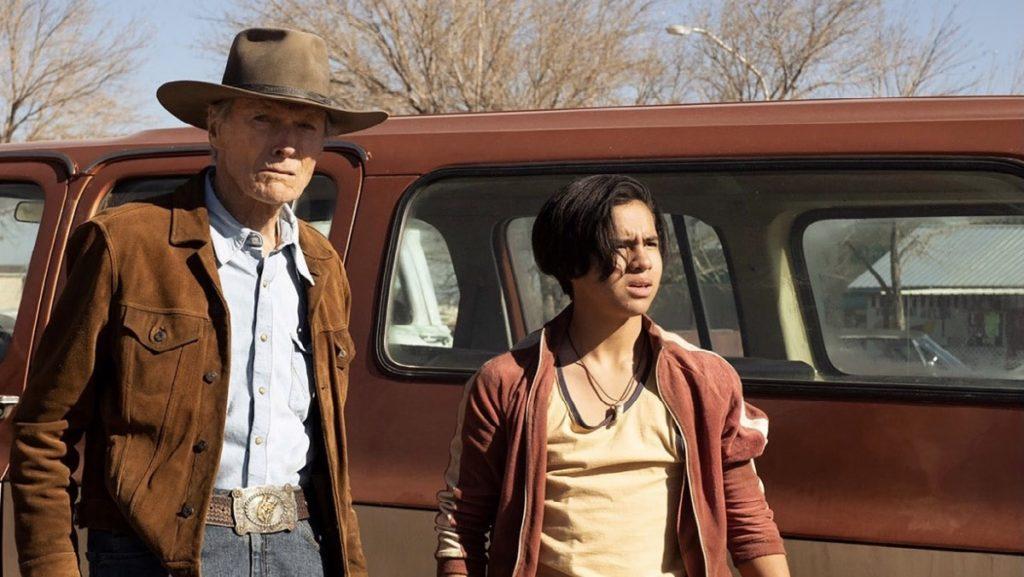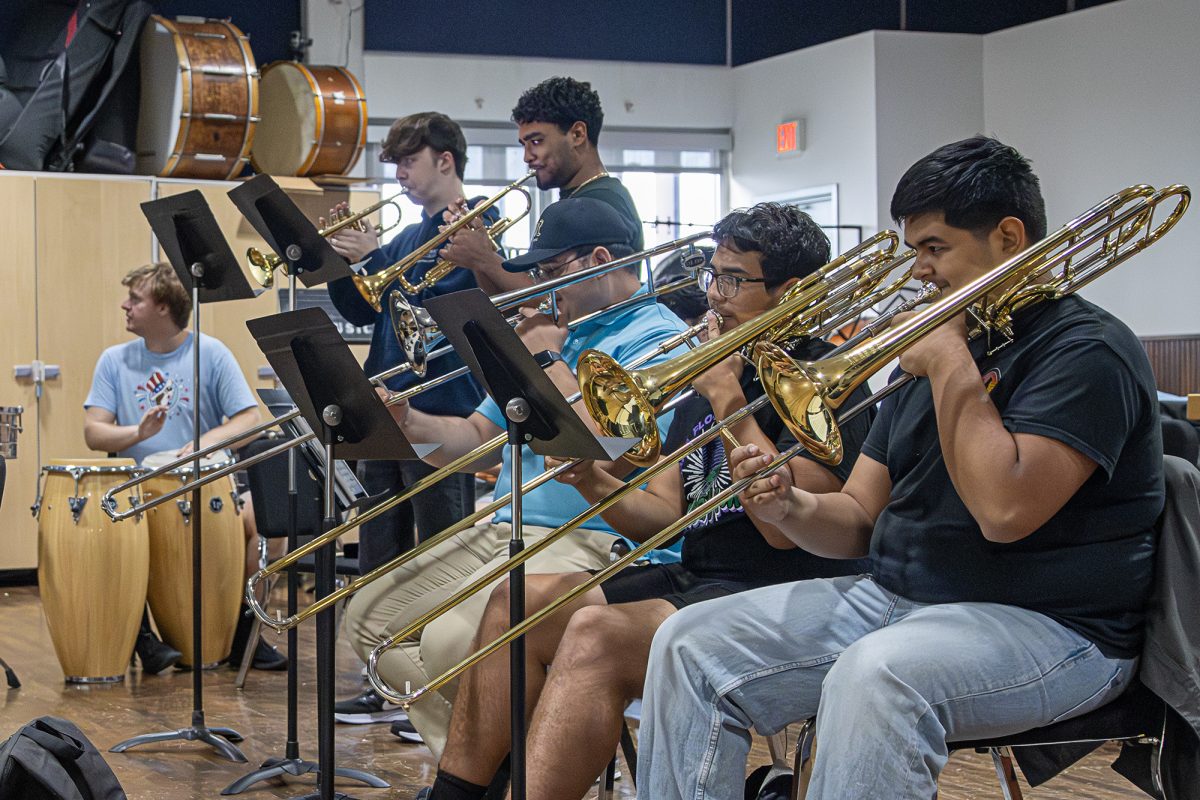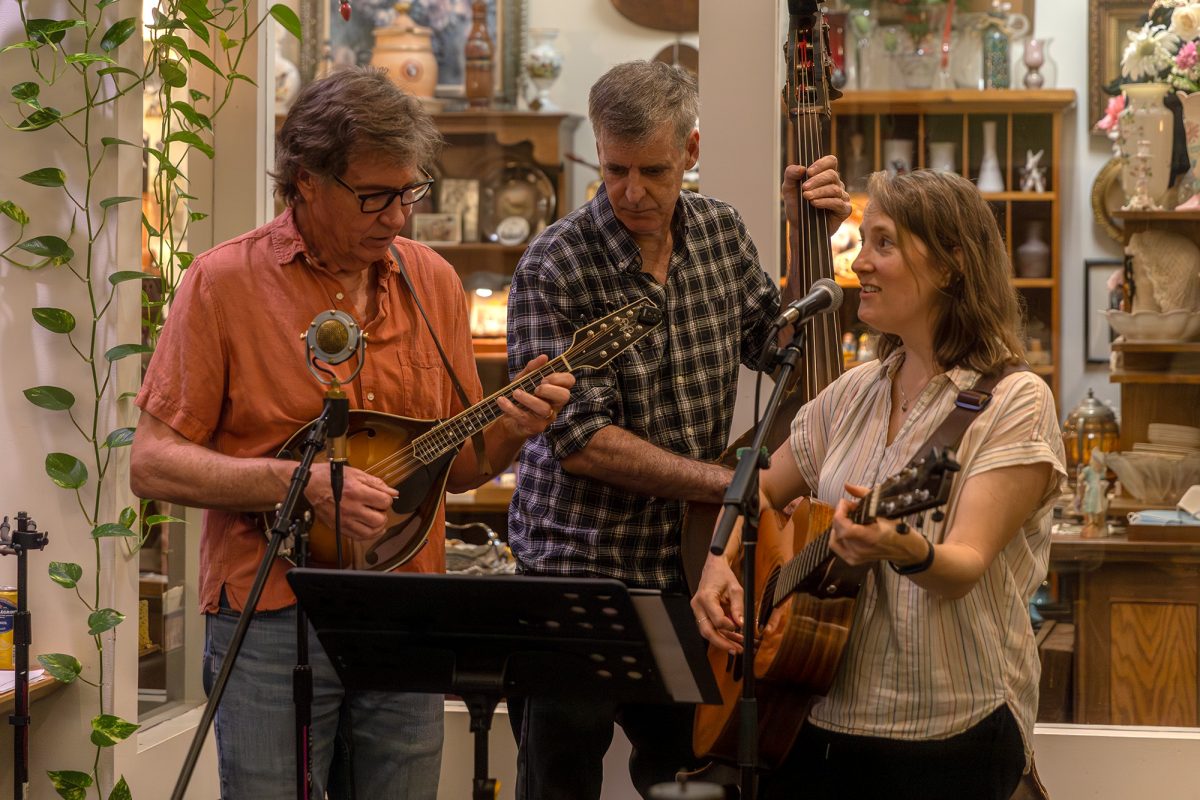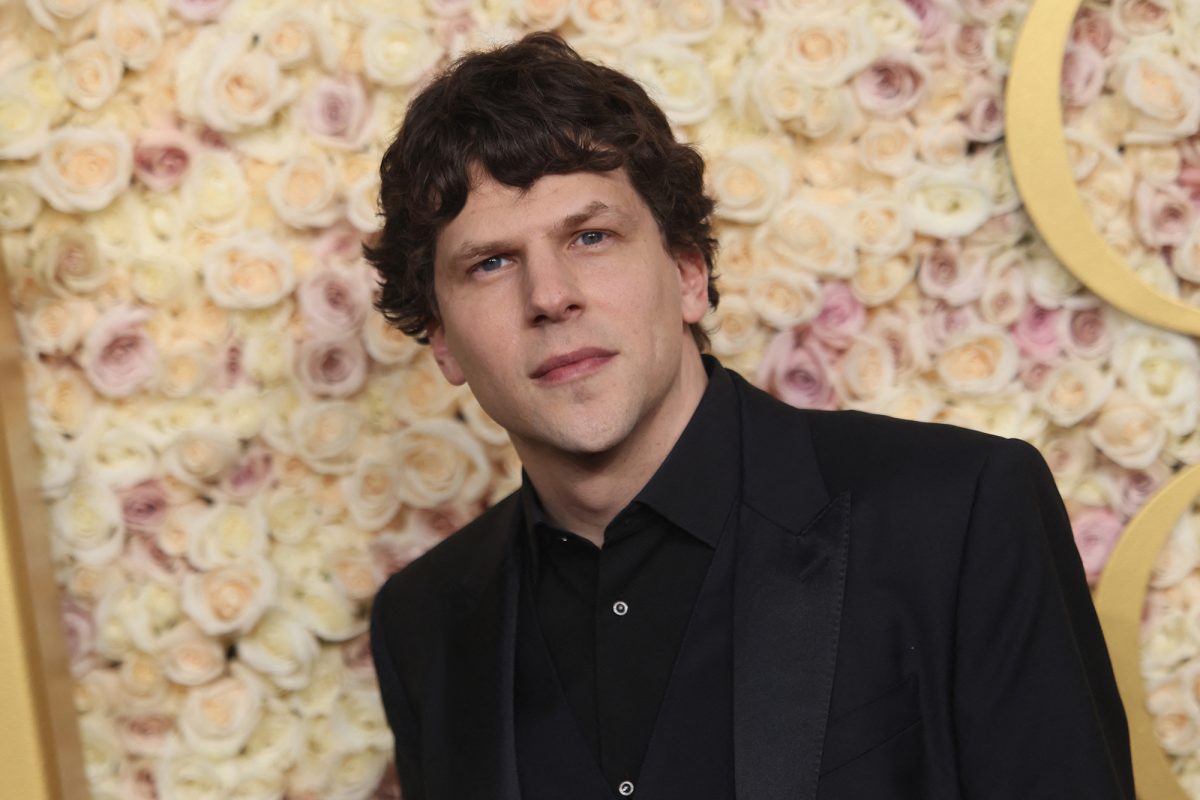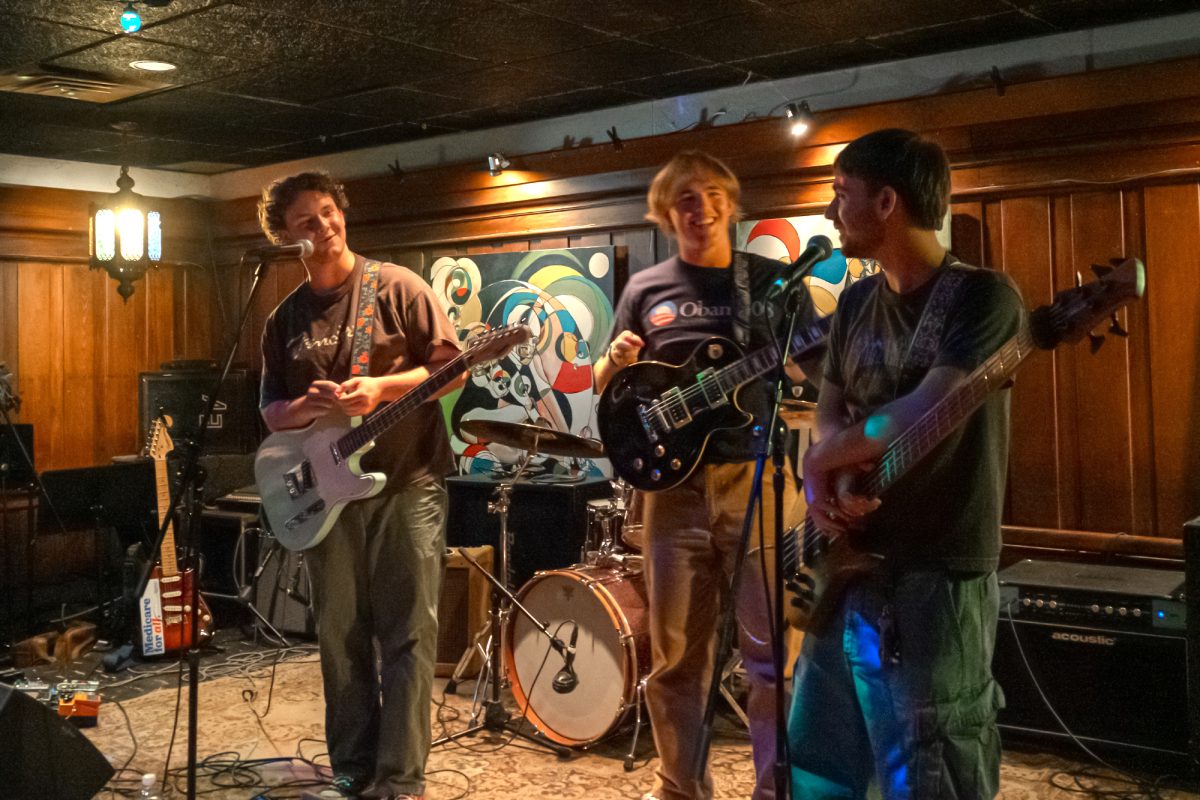The western genre in the second half of the 20th century is defined by the image of one man: Clint Eastwood. His furrowed brow and wanton violence hidden behind a nearly silent persona influenced the aesthetics of the cowboy opera for decades. In 1992, Eastwood released his then final statement on the western in “Unforgiven,” but now with “Cry Macho,” he returns to the world of arid deserts and wild horses that made him a household name.
Based on the 1975 novel by N. Richard Nash, “Cry Macho” sees aging rodeo star Mike Milo (Eastwood) hired by his boss (Dwight Yoakam) to retrieve his son, Rafo (Eduardo Minett), from Mexico. The simple retrieval narrative gives way to an episodic structure revelling in the moments of their road trip. On their trip back to Texas they get caught up in cockfighting rings, police pursuits and horse training. Nothing about the film commands attention, instead focusing on an uncomplicated story of male bonding and life’s ordinary adventures — a far cry from the excess of a young Eastwood in films like “A Fistful of Dollars” or “High Plains Drifter.”
Directed and produced by Eastwood, in addition to starring, “Cry Macho” echoes the lush naturalism of classic westerns like John Ford’s “My Darling Clementine.” Eastwood rightfully treasures the wide shot, allowing the gorgeous Mexican vistas in sunset to paint the story. Group dynamics shifting in subtle movements are key to “Cry Macho” and the film reflects this through a concise visual palette.
The lack of complexity in “Cry Macho” is also its biggest strength. All of the characters found along the journey seem to live in an authentic, inhabited world; none of the conflict comes from high–stakes gunslinging or moral debauchery like a typical western. The film alternatively chooses a quiet and pensive introspection on the topics of friendship and masculinity. Hanging over “Cry Macho” is a genuine kindness that is nearly absent in Eastwood’s filmography.
At 91, Eastwood’s age remains the elephant in the room for the film’s entire duration. He hobbles through the frame and even throws a few weak punches when the script calls for him to appear intimidating. For the first time, Eastwood looks his age on screen and unfortunately cannot hide his frailty when this role calls for physicality. Luckily, his gruff and grumbly charisma remains fully intact as a constant reminder that this is still the same Eastwood.
Co-starring in the film, Minett serves as the weakest link. Rafo is caught in an identity crisis between his Mexican mother and American father. Sadly, this conflict only comes through in whiny monologues. Like most films about friendship, the relationship between the two men ebbs and flows between tender commiseration and sudden fits of anger. It then feels frustrating that the writing fails to reach deeper than surface level with its themes.
After “Unforgiven,” Eastwood claimed nothing new was left for him to explore in the western, but “Cry Macho” proves that statement wrong. Leaving behind the violence, he embraces the quiet, pensive cowboy who sheds tears of regret for the loss of his family. In his old age Eastwood seems to accept the deconstruction of his own image, choosing to put the movie star image of himself in the past and display a symbol of masculinity now aged. The muted and contemplative nature of “Cry Macho” leaves the film feeling like an epilogue for the nonagenarian filmmaker, but knowing Eastwood’s stubbornness, he has plenty of more films to come.


